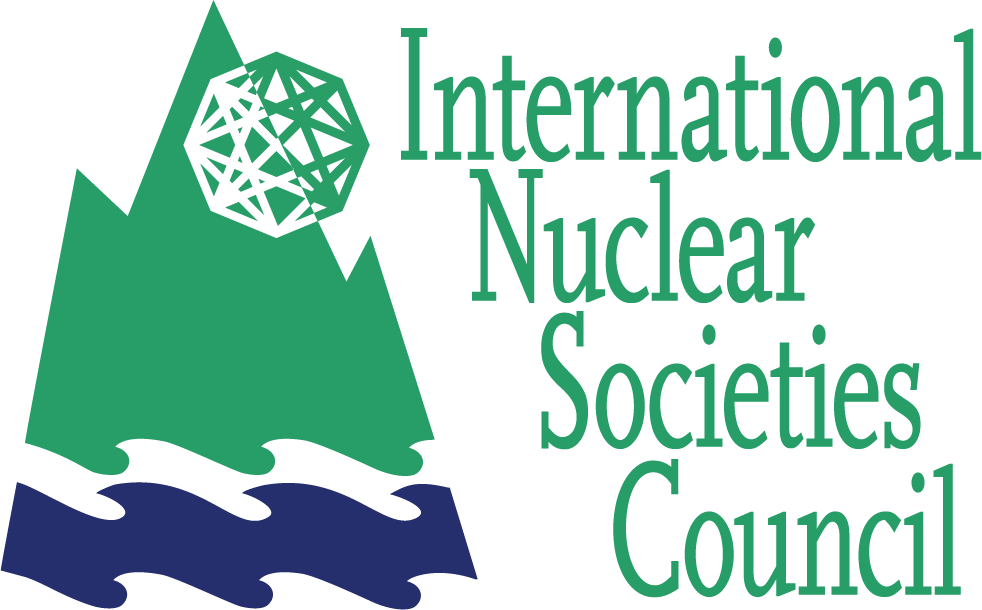Bylaws and Rules
Annex I and Annex II contain the INSC Bylaws and Rules that are currently in force. Annex III is a Guideline approved by the Council.
Global Creed and Public Statements
Annex IV contains the Global Creed approved by INSC for adoption by Member Societies. The list of Member Societies having adopted it is included in the Annex.
Annex V and Annex VI show statements made public by the Council on matters regarding Nuclear Energy Role in 21st Century Development and Illegal Trade of Fissile Materials.
The Council accepted the Declaration on Nuclear Energy and Sustainable Development shown in Annex VII.
In connection with the 50th Anniversary of the A-bomb and the NPT Extension Conference, the Council made a statement expressing INSC hope for nuclear energy to be utilized exclusively for peaceful uses. The statement refers to the INSC Global Creed prescribing the promotion of peaceful uses of nuclear energy (Annex VIII).
Global Award
The International Nuclear Societies Council created the GLOBAL AWARD in the desire to promote recognition of noteworthy innovative efforts in the interests of safe and economically responsible peaceful application of nuclear technology.
The INSC GLOBAL AWARD is to honor an individual or program group whose international professional efforts in developing nuclear technology utilization in a sustainable manner for the welfare of society in accordance with the principles of the INSC Global Creed.
| Year | Recipients |
| 1998 | Hans Blix, Sweden |
| 2000 | L. Manning Muntzing, USA |
| 2002 | Takashi Mukaibo, Japan |
| 2004 | Wang Naiyan, China |
| 2006 | Jorge Spitalnik, Brazil |
| 2008 | Bertrand Barr
|
